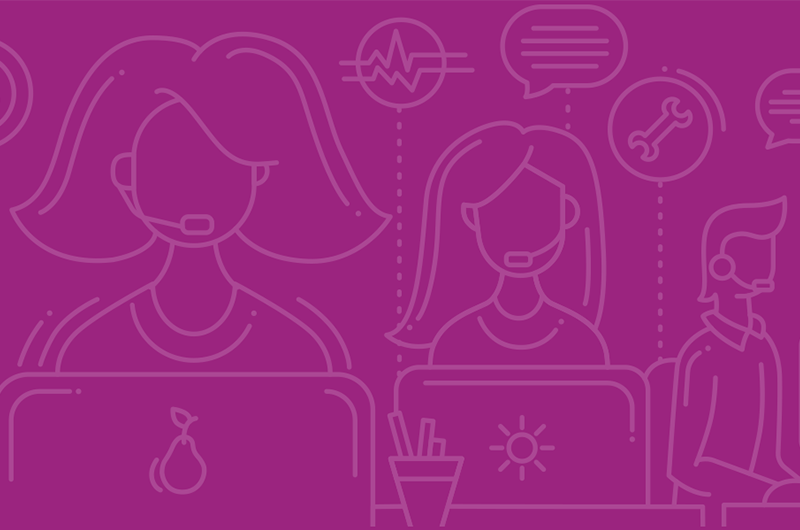The future of mental healthcare lies in digital innovation.
With over 10,000 digital mental health apps available and a global mental health apps market valued at $6.12 billion, telehealth, online therapy platforms, apps and other digital tools are becoming integral to mental healthcare.
Digital tools have the potential to improve access to mental health services, collect real world data, and deliver data-informed, personalized care. This potential has led organizations from the World Health Organization to the American Psychological Association to emphasize the benefits of digital mental healthcare.
“Digital mental healthcare helps extend access to mental health treatment and support,” says Katherine Presnell PhD, psychologist and research director at Pearson Assessments US.
Digital tools have the power to augment and reinforce concepts and techniques learned in therapy between sessions and capitalize on the unique innovations that a digital environment offers—but realizing these benefits requires overcoming challenges.
Addressing Clinician Concerns
Although clinicians generally support the integration of digital tools into mental healthcare, some concerns persist. These include the perception of digital technologies as impersonal and the daunting prospect of learning new technologies and integrating these tools into already overburdened practices, Presnell adds.
The most convincing argument for countering clinician concerns comes from data showing the effectiveness of these tools. Clinicians often benefit from improved efficiencies through tools that enable scheduling and managing clinical and hospital operations. Moreover, digital tools make it possible to between appointments, which can improve outcomes. For instance, digital mental health services were linked to clinical improvements in depression.
Encouraging Patient Participation
Digital mental healthcare has the potential to improve access to care through around-the-clock support, reducing wait times and the challenges of booking in-person appointments, and providing more personalized care.
Presnell notes that apps, online platforms, and other digital tools can be used to gather information between sessions, which clinicians can review before upcoming appointments to provide more real-world applications during sessions. The potential for digital tools to provide real-time feedback and continuous monitoring can also help patients gain greater insight into patterns of behavior and make changes in real time.
“Digital tools can be tailored to individual needs, preferences and progress, which can help ensure patients receive treatment that is relevant and responsive,” says Presnell. “Interactive tools can also be engaging, which can lead to greater effort and adherence to treatment.”
While digital tools improve mental healthcare, patients often need education and resources to overcome pre-existing beliefs about the effectiveness of digital interventions and resistance to change to fully realize the benefits of digital tools for mental healthcare.
Presnell encourages clinicians to consider the ways that technology can enhance the therapeutic relationship and potentially help clients feel more comfortable and receive a more personalized experience, adding, “Digital tools may not be right for every client but can be very effective for many.”
The Future of Digital Mental Healthcare
The future of digital transformation in mental healthcare will leverage tools like artificial intelligence and machine learning to identify patterns and trends that predict mental health issues, personalize treatment and provide real-time interventions, according to Presnell.
Virtual reality and augmented reality technologies that offer immersive experiences also have the potential to improve the assessment and treatment of mental health conditions by increasing personalization and engagement.
Embracing the digital future of mental healthcare requires overcoming clinician and patient concerns, addressing barriers to access and leveraging data at scale to provide population data insights that improve behavioral health outcomes.
“As a global leader in learning, Pearson is well-positioned to play a significant role in the digital transformation of mental healthcare,” Presnell says. “Pearson can leverage its extensive expertise in psychological and educational assessments to develop digital mental health assessments that are grounded in scientific evidence and are reliable, valid and user-friendly while establishing and promoting ethical standards and best practices for the use of digital mental health tools.”
Find out more about the wide range of Digital tools Pearson has to offer





